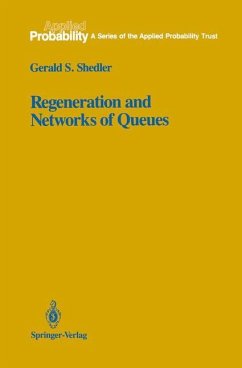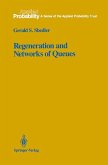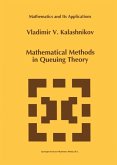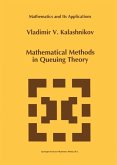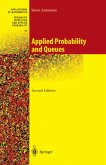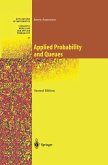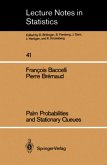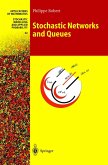Networks of queues arise frequently as models for a wide variety of congestion phenomena. Discrete event simulation is often the only available means for studying the behavior of complex networks and many such simulations are non Markovian in the sense that the underlying stochastic process cannot be repre sented as a continuous time Markov chain with countable state space. Based on representation of the underlying stochastic process of the simulation as a gen eralized semi-Markov process, this book develops probabilistic and statistical methods for discrete event simulation of networks of queues. The emphasis is on the use of underlying regenerative stochastic process structure for the design of simulation experiments and the analysis of simulation output. The most obvious methodological advantage of simulation is that in principle it is applicable to stochastic systems of arbitrary complexity. In practice, however, it is often a decidedly nontrivial matter to obtain from a simulation information that is both useful and accurate, and to obtain it in an efficient manner. These difficulties arise primarily from the inherent variability in a stochastic system, and it is necessary to seek theoretically sound and computationally efficient methods for carrying out the simulation. Apart from implementation consider ations, important concerns for simulation relate to efficient methods for generating sample paths of the underlying stochastic process. the design of simulation ex periments, and the analysis of simulation output.
Bitte wählen Sie Ihr Anliegen aus.
Rechnungen
Retourenschein anfordern
Bestellstatus
Storno

